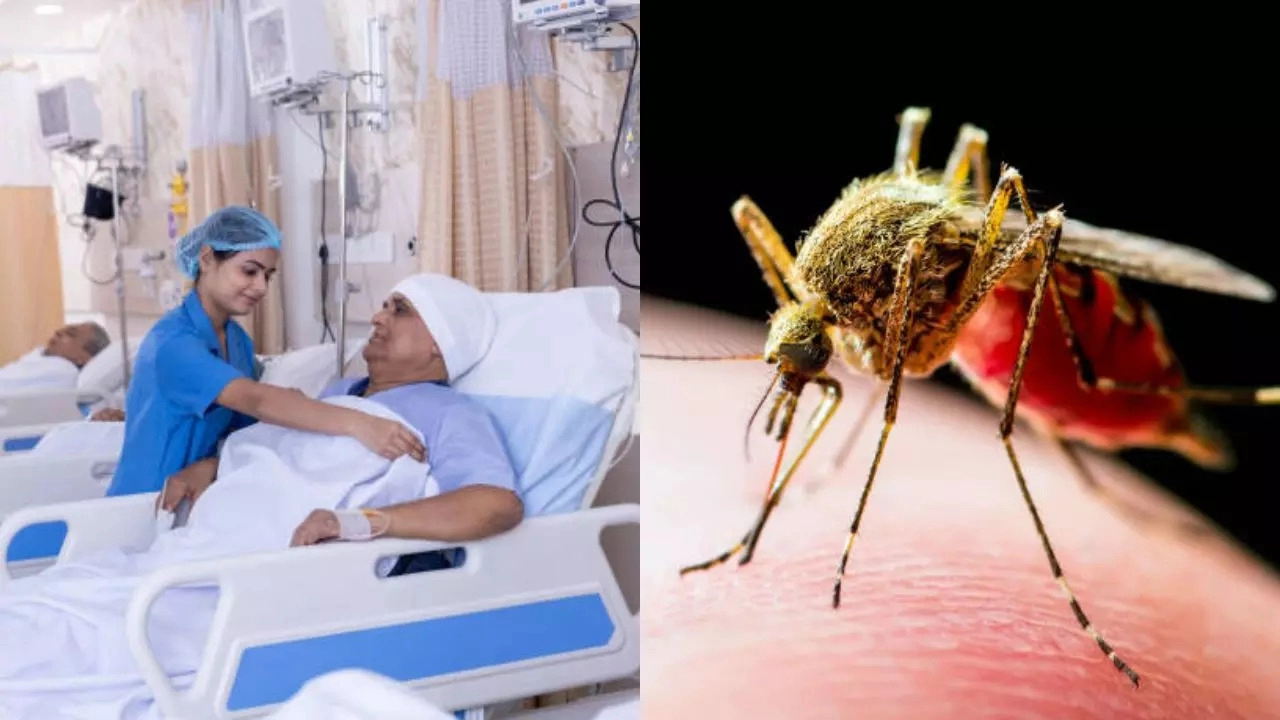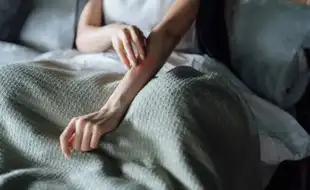
Major government hospitals throughout Karachi are reporting 500-750 suspected cases of the mosquito-borne disease daily
Hospitals in Pakistan's largest city, Karachi, are brimming with patients tested positive for chikungunya virus, according to health agencies. News reports say major government hospitals throughout the city are reporting 500-750 suspected cases of the mosquito-borne disease daily, further straining an already struggling public health system.
Officials say regular fumigation is being conducted across the identified areas in the city – where mosquitos have been active. However, despite that, there has been a steady increase in vector-borne diseases malaria, dengue, and chikungunya due to inadequate sanitation, unhygienic conditions, and failing waste disposal systems – all of which are breeding grounds for mosquitoes.
According to government records, nearly 200 people in Karachi tested positive for the illness between May and September. Of 956 people suspected of having the virus, 713 were tested. However, the actual number of cases is likely much higher. Many people are also diagnosed without the PCR test, relying instead on matching symptoms and blood tests that show low platelet counts, which can be caused by chikungunya.
What is chikungunya?
Chikungunya – also known as CHIKV, is a virus that spreads to people through mosquito bites - specifically, through the Aedes aegypti mosquito and Aedes albopictus mosquito. According to doctors, the virus does not spread from person to person through bodily contact or saliva - although blood transmission may be possible.
The name chikungunya means bent over due to the joint pain the illness causes. Even though there are no medicines to treat chikungunya - you can manage your symptoms, even though most people recover from the illness in about one week.
Signs and symptoms of chikungunya
According to experts, the symptoms of chikungunya develop between 3-7 days after an infected mosquito bites you. A few of these include:
- Fever
- Joint pain
- Headache
- Muscle pain
- Swelling in your joints
- Rashes all over your body
- Fatigue and tiredness
- Nausea
Chikungunya leads to severe complications
According to doctors, the chikungunya virus leads to various complications – the most common being joint pain. Many people report having pain for months or years after the infection. Newborns, older adults – more than 65 years of age, and those with certain health conditions are at risk for more severe complications, a few of which include:
- Diabetes
- High blood pressure
- Heart disease
Doctors say even though death from the illness is rare, there have been several cases where a person reports ongoing heart, eye, or neurological symptoms after recovering from the virus.
Complications also include neurological issues like paralysis and coma, as well as eye problems. These severe cases often require intensive care and mechanical ventilation, with uncertain recovery prospects and a risk of prolonged hospitalization or death.
Ways to treat chikungunya
According to experts, there are many medications that help manage to keep the symptoms away, which include:
- Drinking plenty of fluids
- Getting lots of rest
- Taking acetaminophen for pain
Get Latest News Live on Times Now along with Breaking News and Top Headlines from Health and around the world.


